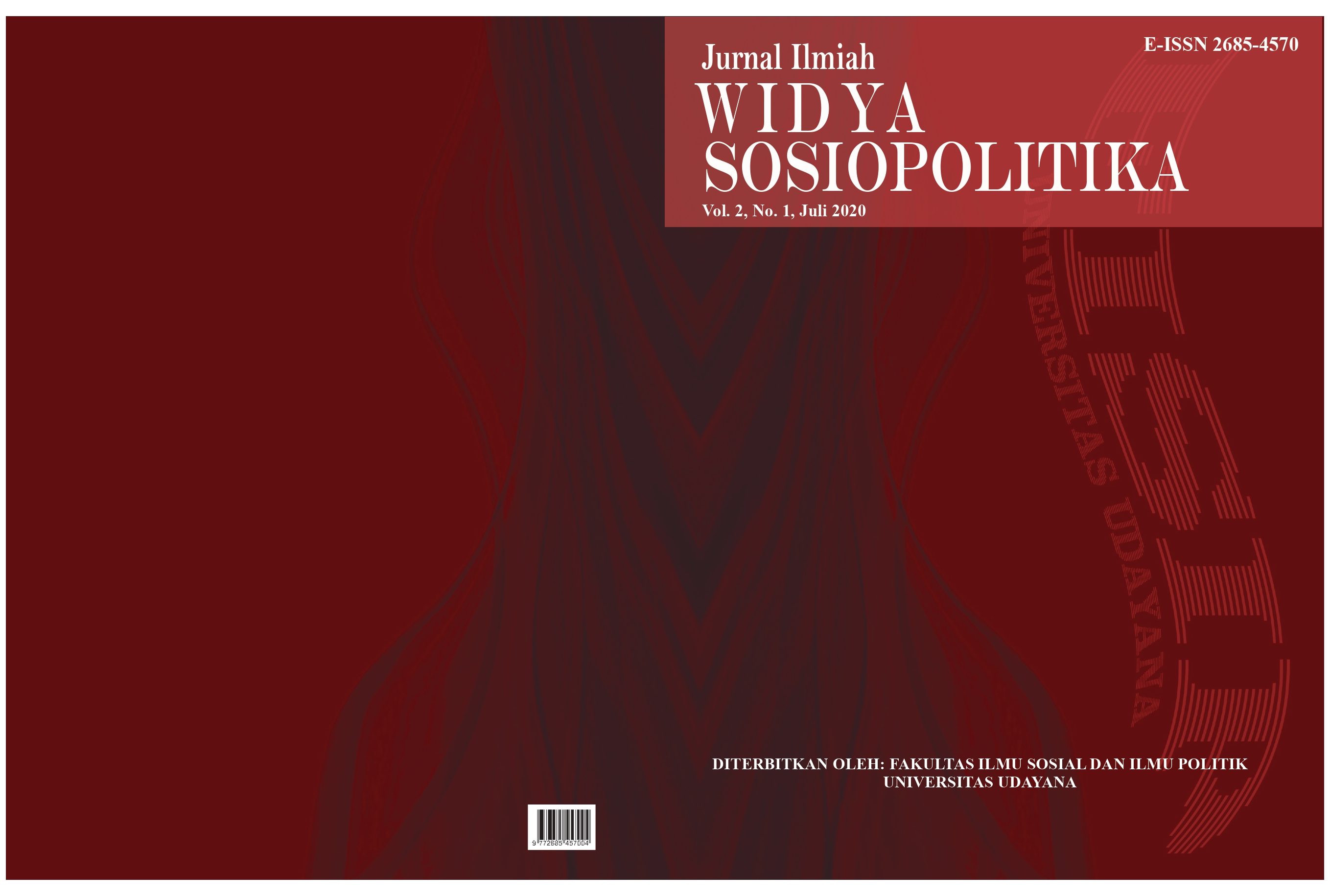HARAPAN DIGITAL NATIVE TERHADAP PERPUSTAKAAN MASA DEPAN PADA PERGURUAN TINGGI
Abstract
In the last ten years the development of information technology is so fast, this is marked by the increasingly sophisticated communication devices and the increasing use of applications. The generation that was born at the start of the transition of technology is certainly a generation that is "lucky" because of the convenience obtained from the impact of technological developments that occur. This generation is known as digital native, where they tend to multitask, network, like interactive connections, etc. At present the native digital generation is also part of the college library. From observations and data obtained, digital nativehas a unique learning behavior. Some studies suggest that native digital generations tend to prefer getting information quickly and completely online by relying on internet access. Therefore, this is thought to be the reason why the library is no longer interesting to be visited by students who are mostly digital nativegeneration. To understand their interest in the library of the future, this research seeks to find out digital nativeexpectations of the future library in terms of building and spatial planning, services, and library products. This study uses descriptive statistical methods, the population is Satya Wacana Christian University's Faculty of Information Technology. The sample determined was 100 respondents. The results of this study are expected to be able to develop a university library strategy that focuses on digital native.
Keyword: native digital, the expectation of native digital, university library, the future library




1.png)

3.png)








 Diterbitkan oleh Fakultas Ilmu Sosial dan Ilmu Politik Universitas Udayana
Diterbitkan oleh Fakultas Ilmu Sosial dan Ilmu Politik Universitas Udayana
